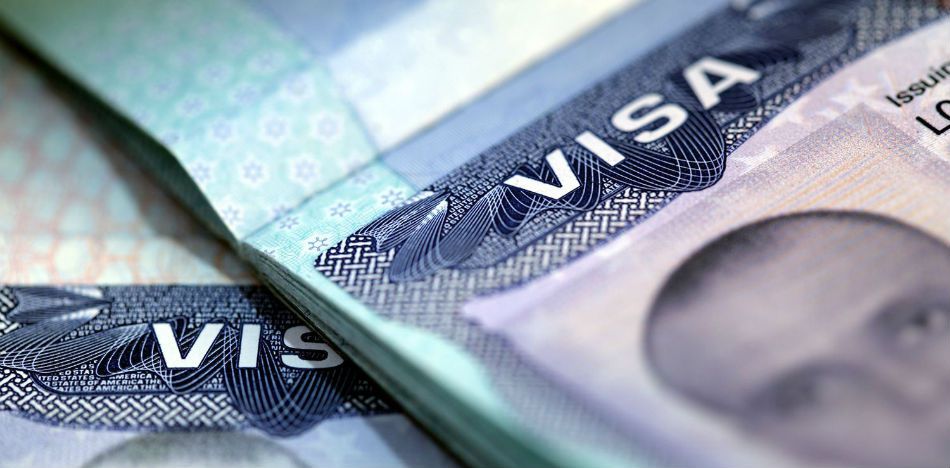
Spanish – The U.S. Citizenship and Immigration Services (USCIS) will limit access to immigration to the U.S. to members of the Communist Party and other totalitarian parties, considering their stay in the country a threat to national security.
The USCIS, through a policy guide issued through the U.S. Department of Homeland Security, reported that this alert also applies to Communist Party members in “any foreign state or any political or geographic subdivision in any foreign state.”
This guide is part of a compilation of laws passed by Congress to address threats to the security of the United States. The document states that membership or affiliation with the Communist Party or any other totalitarian party is “inconsistent and incompatible” with the “Naturalization Oath of Allegiance to the United States of America.”
In general, unless otherwise exempt, any intending immigrant who is a member or affiliate of the Communist Party or any other totalitarian party (or subdivision or affiliate), domestic or foreign, is inadmissible to the United States,” the statement reads.
This ground of inadmissibility only applies to aliens seeking immigrant status, such as aliens within the United States who are applying to adjust status to that of a legal permanent resident.
Another step in the rift between Washington and Beijing
The decision issued by USCIS is a measure that adds to the list of actions that increase the rift between the United States and China. The Chinese Communist Party is the most powerful political party in the Asian giant. The issues of trade, the coronavirus, Hong Kong’s security legislation, and Beijing’s treatment of its religious minority in the Xinjiang Uighur Autonomous Region are other topics of clashes between these countries.
An example of this is the initiatives to confront the policies of the communist regime of Xi Jinping and the persecution of this Muslim community. Recently the U.S. House of Representatives passed the Uighur Forced Labor Prevention Act. This includes the activation of a series of measures against the import of clothing and other products from northeast China.
This legislation sets a precedent in favor of this minority located in China, which has been subjected to humiliation for several decades, as a result of the persecution of the communist regime that accuses them of being separatists and has led a large part of this ethnic group to “re-education camps,” an action that was noted with concern by the UN in 2018, according to BBC World.
Legislation passed in the U.S. Congress creates a “rebuttable presumption,” which assumes that all goods manufactured in Xinjiang are made with forced labor. Therefore, their distribution and marketing in the United States are prohibited and will be considered illegal unless the importer proves otherwise, the Just Style website reported.
Furthermore, this law requires the monitoring of supply chain links in other parts of China that are linked to Xinjiang or involve labor transfers. It is estimated that at least 80% of China’s cotton is produced in the Uyghur region, representing 22% of the world market.
The U.S. Senate is now expected to vote on the Uyghur Forced Labor Prevention Act which was passed in the House of Representatives. However, this discussion could be delayed due to the November presidential elections.
 Versión Español
Versión Español













